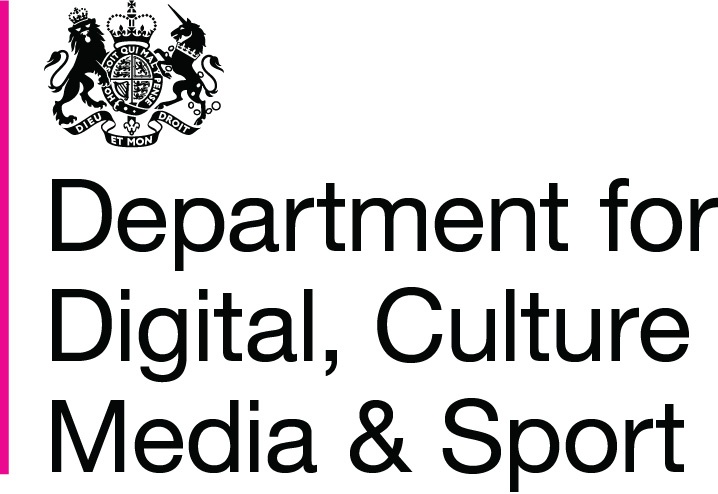Diversity and discrimination in the charity sector: CharityJob’s latest research paper seeks to investigate diversity and discrimination in the not-for-profit sector, with a particular focus on recruitment and the workplace. Our research covers both candidate and recruiter perspectives, investigating gender, disability, ethnicity, age, relationship status and skills. Read our report to find out just how inclusive the third sector is.
This time we’ve been looking at diversity and discrimination in the charity sector. The charity sector can be perceived as being caring and inclusive, but just how well are we doing at maintaining this? Download our report to find out, and if you’ve got anything to say, let us know in the comments, or connect with us on social media. You can find us on Facebook, Twitter or LinkedIn.
Just how much does gender, race, sexuality and disability influence recruitment and employment in the sector? Is the charity sector really female-dominated, or is this perception only true for junior roles? Our research aims to investigate these questions and many more.
A few of our findings are:
- Candidates most commonly discussed how their gender would negatively impact them as a result of having children, including the impact of maternity leave and career breaks.
- Most candidates (64%) felt that charity recruiters did not do enough to encourage those with disabilities to apply to their jobs.
- Age, gender, and ethnicity/race were the most commonly experienced forms of discrimination.
- The majority of recruiters said they felt confident in knowing the best practices for recruiting, with one in five saying they felt ‘very confident’.
- Recruiters most commonly perceived of diversity in terms of race and ethnicity (70%), with gender (30%) and mental and physical health (29%) also featuring.
- Three-quarters of recruiters (73%) said they looked for candidates outside of the charity sector when recruiting but a large number (24%) said they did so sometimes and 3% rarely.
Click here to download the report
First printed on CharityJob website by Sanjay Bheenuck February 20, 2018






